Post-traumatic stress disorder affects millions of individuals worldwide. It can have a profound impact not only on those directly experiencing it but also on their friends and family.
Knowing what to do when someone with PTSD pushes you away, especially in the context of emerging treatments like psilocybin therapy for PTSD, can make a significant difference in their recovery journey.
PTSD can cause people to distance themselves from loved ones, but it’s essential to approach them with patience, empathy, and a willingness to support their healing process.
Causes of PTSD
PTSD can arise from single or recurring traumatic events like combat, assault, natural disasters, or accidents. Understanding these origins helps cultivate empathy when individuals with PTSD distance themselves from others.
Why Individuals with PTSD Push Others Away
-
Avoidance of Triggers
People steer clear of potential trauma triggers, including those associated with distressing memories.
-
Emotional Numbing
Emotional detachment can make them seem distant and aloof, and make them emotionally numb over time.
-
Fear of Vulnerability
Trauma leaves them feeling vulnerable, making it hard to open up. This is why therapy for PTSD can be so challenging.
-
Mood Instability
Mood swings and emotional turbulence can overwhelm, leading to social withdrawal.
-
Dissociation
During dissociative episodes, they appear distant and unresponsive, further isolating themselves.
What to Do When Someone with PTSD Pushes You Away
When someone with PTSD pushes you away, it’s crucial to approach the situation with empathy, understanding, and respect for their boundaries. Here are some steps to consider:
-
Respect Their Boundaries
Recognise that individuals with PTSD may require space or distance due to triggers. Respect their need for privacy and boundaries, even if it’s challenging for you.
-
Educate Yourself
Learn about PTSD and its symptoms to better grasp the person’s experience. Understanding the condition aids in empathetic and appropriate responses.
-
Communicate with Compassion
Express your concern and support, but do so gently and without pressure. Let them know you’re available when they’re ready to talk or seek assistance.
-
Offer a Listening Ear
When they’re open to communication, be an attentive listener. Allow them to share their thoughts and feelings at their own pace. Avoid interrupting or rushing the conversation.
-
Avoid Judgment
Refrain from passing judgment or giving unsolicited advice. Instead, validate their emotions and experiences, demonstrating understanding and care.
-
Encourage Professional Help
Recommend consulting a mental health professional, such as a therapist or counsellor, with expertise in PTSD. Offer assistance in finding resources or accompanying them to appointments if they’re willing.
-
Be Patient
Acknowledge that recovery from PTSD is a time-consuming and challenging process. Exhibit patience and support throughout their journey, even if it means allowing them temporary space.
-
Practice Self-Care
Self-care is essential. Dealing with someone with PTSD can be emotionally draining. Set boundaries for yourself and seek support from friends, family, or a mental health professional when needed.
-
Respect Their Decisions
Ultimately, respect their choices regarding their well-being. Encourage decisions that prioritise their best interests, even if it entails stepping back temporarily.
Key Takeaways
Supporting someone with PTSD is a challenging yet rewarding journey. Empathy, patience, and open communication are crucial. Your support can make a big difference in their healing, even if they need space sometimes.
As Mother Teresa said, “It’s not how much we do, but how much love we put into doing it.” Approach this with love, understanding, and commitment to their healing to help them on their path to recovery.
